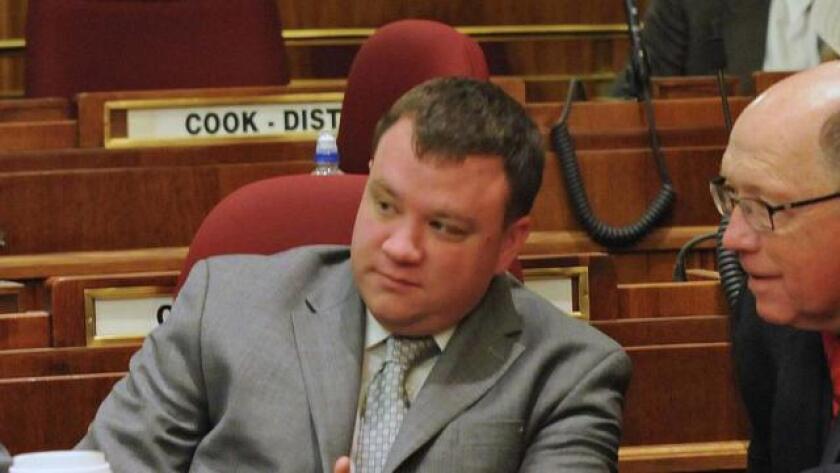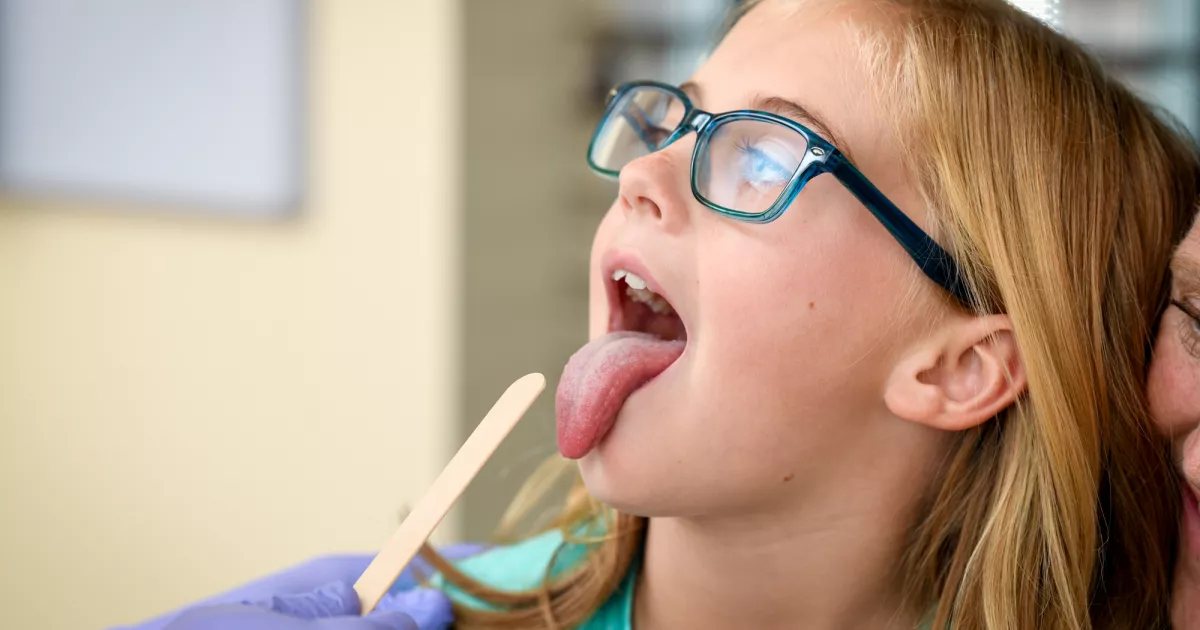Port: Traditional conservatives have a big money advantage in the NDGOP’s legislative primaries – InForum
MINOT, N.D. — In terms of races for partisan elected offices, North Dakota’s general election in November is going to be a snooze fest.
There just aren’t that many competitive races. There are 35 legislative districts on the ballot this cycle (counting the new subdistricts on their own), which is more than usual thanks to redistricting. Statewide, the Democrats left 15 legislative districts without a candidate from their party. In the districts where they are competing, they often don’t have a full slate of House and Senate candidates.
But the June primaries? Competitions for which early voting has already begun?
That’s a different matter. There are many highly competitive races in the Republican primaries, a manifestation of the Trump-era split in the party between traditional conservatives and a new breed of brash populists affiliated, ideologically if not officially, with the Bastiat Caucus of Trumpy legislative Republicans founded by state Rep. Rick Becker.
Many of the candidates from that latter category were successful in winning endorsements at local conventions, but only those who win in the June primary vote get to advance to the November ballot.
By my count, there are 15 districts — 3, 7, 8, 9b, 15, 19, 20, 24, 25, 28, 31, 33, 35, 39 and 47 — with competitive Republican legislative primaries featuring traditional conservative candidates running against the populist culture warriors.
Who will win?
These races, as intensely local as they are, can be hard to handicap. One of the few data points we have is fundraising, and by that measure, the traditional Republicans seem to have the advantage.

(Brandon L. Summers / The Dickinson Press)
In District 33, in the heart of North Dakota’s coal country, Sen. Jessica Bell has been the beneficiary of a windfall of financial support according to her pre-primary filing with the Secretary of State’s office. She’s raised a total of $118,402.28 so far.
That’s an enormous number for a legislative campaign in North Dakota.
Bell, who was instrumental in efforts to keep North Dakota’s largest coal-fired power plant open, lost the endorsement of her local convention to newcomer Keith Boehm who attacked Bell for her vote to sustain Gov. Doug Burgum’s veto of legislation restricting the participation of trans students in high school activities. But while Boehm won at the convention, he hasn’t done nearly as well fundraising, taking in just under $13,000 so far.
Another battleground district is 35, in the Bismarck area, where Democratic Sen. Erin Oban, the only Democrat holding elected office in western North Dakota, left a vacancy Republicans are hoping to fill.
A man named Ryan Eckroth, aligned with the populists, won the Senate endorsement at the convention, but his fundraising has been slow, perhaps due to some of the concerning information about his background which has emerged since he launched his campaign. He’s reported just $11,215 so far.
Sean Clearly, who is challenging him in the primary, has raised nearly $44,000 so far.

Mikkel Pates / Forum News Service
Another battleground is District 8. Bastiat Caucus member Rep. Jeff Magrum (just $7,950 raised so far) won the Senate endorsement at the convention alongside House candidates Brandon Prichard and SueAnn Olson. Prichard put up a strong total with $15,450 raised so far, though half of that amount came from his girlfriend’s father
whose home Prichard is claiming as his official in-district residency
. Olson, meanwhile, put up $6,094.65.
Dave Nehring is taking on Magrum in the Senate primary and has raked in $29,300 so far. He’s running with House candidates Mike Berg ($32,500 raised) and Scott McCarthy ($15,444).
In District 28, traditional conservative Sen. Bob Erbele has raised $34,450 compared to Bastiat Caucus member Rep. Sebastian Ertelt, who is also seeking the Senate endorsement and has raised just $3,127.98.
In District 15, traditional conservative Sen. Dave Oehlke (nearly $24,000 raised) is winning the fundraising race over populist challenge Judy Estenson who has raised just under $6,000 despite beating Oehlke at the convention.

Former state Rep. Roscoe Streyle, who is running in the primary in District 3 for the state House.
In District 3, traditional conservative Roscoe Streyle, a former lawmaker who is running for the House again, has raised far more ($12,681 so far) than the two candidates who beat in at the local convention. Incumbent Rep. Jeff Hoverson reported raising zero dollars in his pre-primary report, and newcomer Lori VanWinkle reported just $1,850.
I could continue, but I think you get the point.
One thing we’re learning from the split in the NDGOP is that while the Trumpy/Bastiat Caucus/populist candidates are very when it comes to competing at conventions, where relatively small numbers of Republican insiders pick the candidates, they struggle when it comes to winning on the ballot.
Earlier this year we saw Becker put up
very strong numbers
against popular incumbent U.S. Senator John Hoeven at the NDGOP’s state convention. But Becker’s fundraising report, filed with the FEC,
showed that he struggled to raise money
. Just 35 individuals made reportable contributions to his campaign, and he ultimately opted not to challenge Hoeven in the June primary, perhaps because he knew his level of support at the convention wasn’t all that reflective of actual popularity among North Dakota’s voters.
Fundraising is not a reliable metric when it comes to predicting election outcomes. Heck, in 2018, U.S. Senate incumbent Heidi Heitkamp quadrupled Republican challenger Kevin Cramer’s fundraising total, but who is sitting in that Senate seat today?
It ain’t Heitkamp.
Also, there are other factors that impact elections. Sometimes a hyperlocal issue is what sways voters. Sometimes it’s just a candidate’s personality. There is also plenty of outside spending that happens in support of, or in opposition to, the candidates. Our Jeremy Turley reports that Burgum is
pouring big money into his political action committee again
, and none of that is controlled by the actual legislative candidates.
Still, fundraising matters. Elections are about mass communication, and reaching the masses costs money. It’s a far more difficult and complicated endeavor than packing some meeting hall for a district convention.
A lot of people are watching these Republican primaries. North Dakota’s government is dominated by Republicans, and there is a pitched battle going on right now for the soul of the NDGOP.
These legislative races are the trenches in that battle. So far, based on one of the few objective data points we have, it appears the traditional conservatives are positioned to keep their hold on the party.








